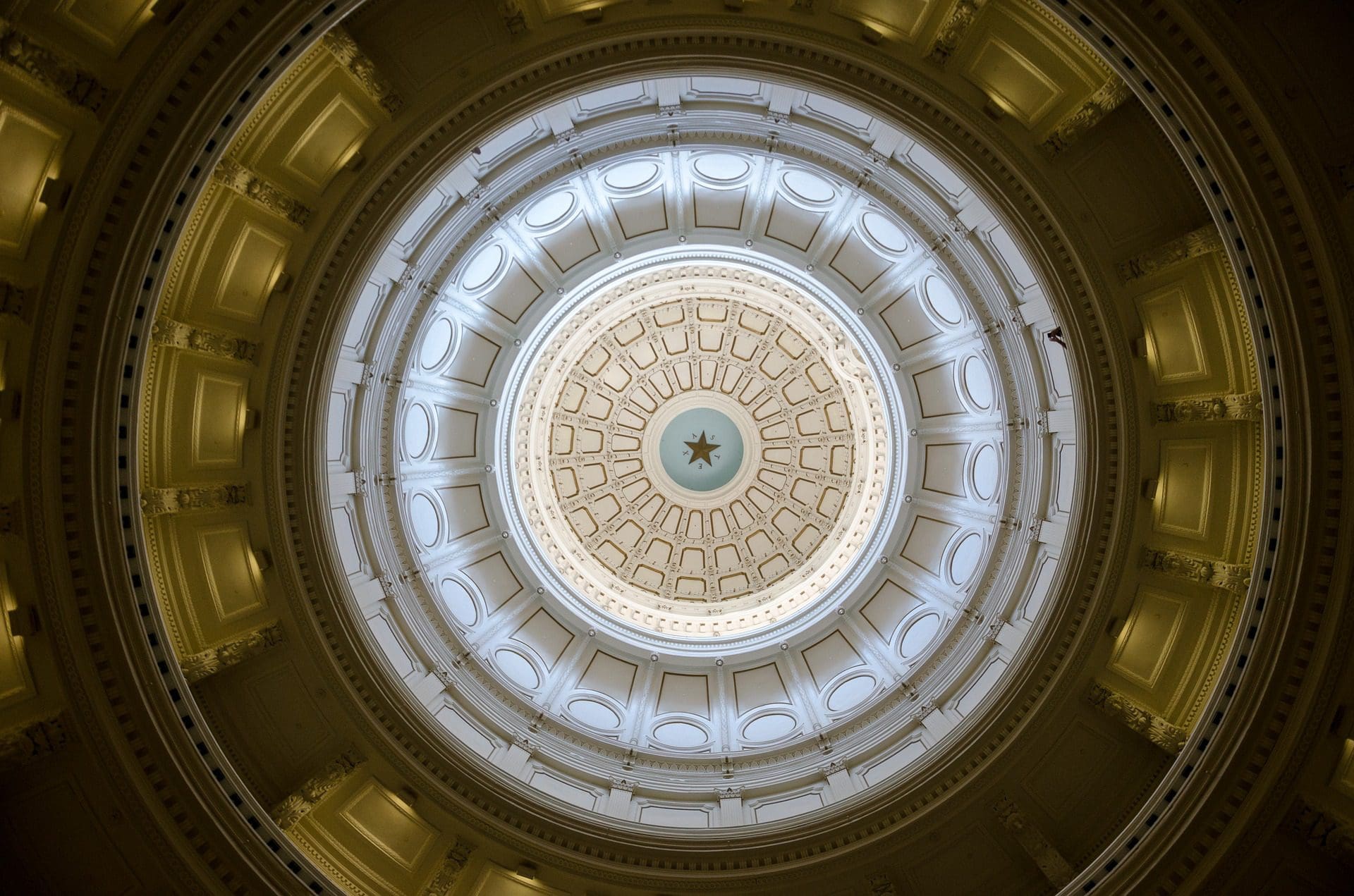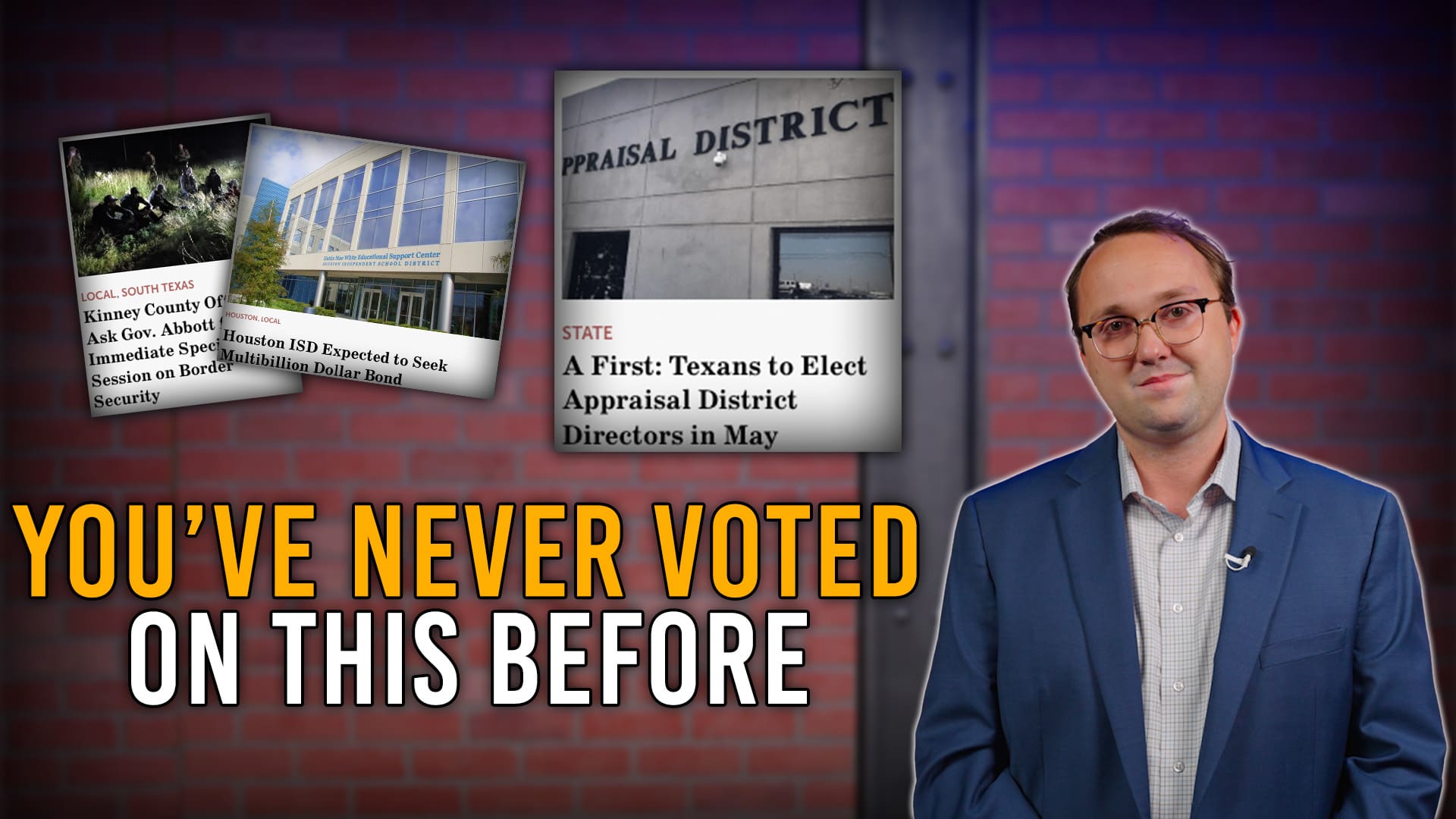On Thursday, July 8, the state Legislature will return to Austin to begin one of multiple special sessions planned for the year.
But what is a special session? And how is it different from a regular sesion?
What is a special session?
Texas’ part-time Legislature is known for meeting relatively infrequently, especially when compared to smaller states. While many state legislatures meet year round or hold legislative sessions annually, the Texas Legislature holds its sessions every two years for 140 days. During that time, thousands of bills, of varying priority to citizens and statewide officials, are filed. The only business the Legislature is constitutionally obligated to pass, however, is a balanced biennial budget.
But what if the session ends and there is still business the governor wants to see completed? In that case, the governor is allowed to call a special session.
While bill subjects run the gambit during a regular session, a special session differs in that the only bills eligible for consideration are those on subjects chosen by the governor, or “on the call.”
Each special session may last for up to 30 days at a time. There is, however, no limit to how many special sessions the governor may call.
What are the rules?
Those who have followed a legislative session will note that much of the activity revolves around the rules, both constitutional and self-imposed. These rules stipulate how the body operates while in session.
While a regular session is marked with many deadlines, some of those restrictions are lifted or altered during a special session.
While bills must be filed during the first 60 days of the regular session, there is no such deadline during a special session.
During a regular session, legislation can be “prefiled” starting the Monday after the November general election. During a special session, bills may be prefiled up to 30 days ahead of the start of the session.
In a regular session, House calendars must be printed and distributed no less than 36 hours before the bills can be considered by the chamber. During a special session, that time is ratcheted down to 24 hours.
Vetos from the governor are treated the same in both circumstances. The governor has 10 days (not counting Sundays) to return the bill to the Legislature with objection. If a bill has been sent to the governor less than 10 days before the end of the session, the governor has 20 days (counting Sundays) to approve or veto the legislation.
What issues will be on the call?
While Gov. Greg Abbott has not yet officially proclaimed what issues will be on the call for this upcoming special session, he has given indication on several issues that could be brought up.
These issues include election integrity, a critical race theory ban, bail reform, and protecting free speech online.
Last month, Abbott vetoed funding for Article X of the budget, which funds the Legislature, legislative staff, and various agencies. Restoring funding for this part of the budget is expected to be brought up ahead of the start of the fiscal year beginning in September.
Lawmakers are also on notice that they will likely be brought back in October to address redistricting (the drawing of legislative maps that is performed every 10 years), as well as to allocate additional federal funds.
Could Democrats break quorum again?
Election integrity was at the forefront of the final hours of the regular session earlier this year when House Democrats were enabled by Republican leadership to leave the chamber, breaking quorum, thus precluding final consideration of omnibus election integrity legislation.
In order for the House to conduct business, a quorum of two-thirds of the chamber’s members (100 out of 150) is required to be present. This requirement is the same during both a regular and special session.
But with Democrats holding 67 of the chamber’s seats, speculation has grown as to whether or not they will once again leave to break quorum. Democrat State Rep. Rafael Anchia (Dallas) recently called the tactic “effective,” adding that he “would be willing to” leave the state to break quorum.





